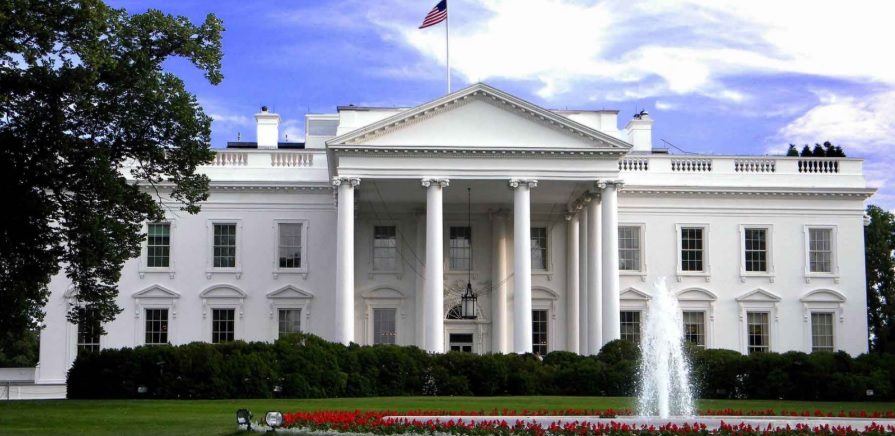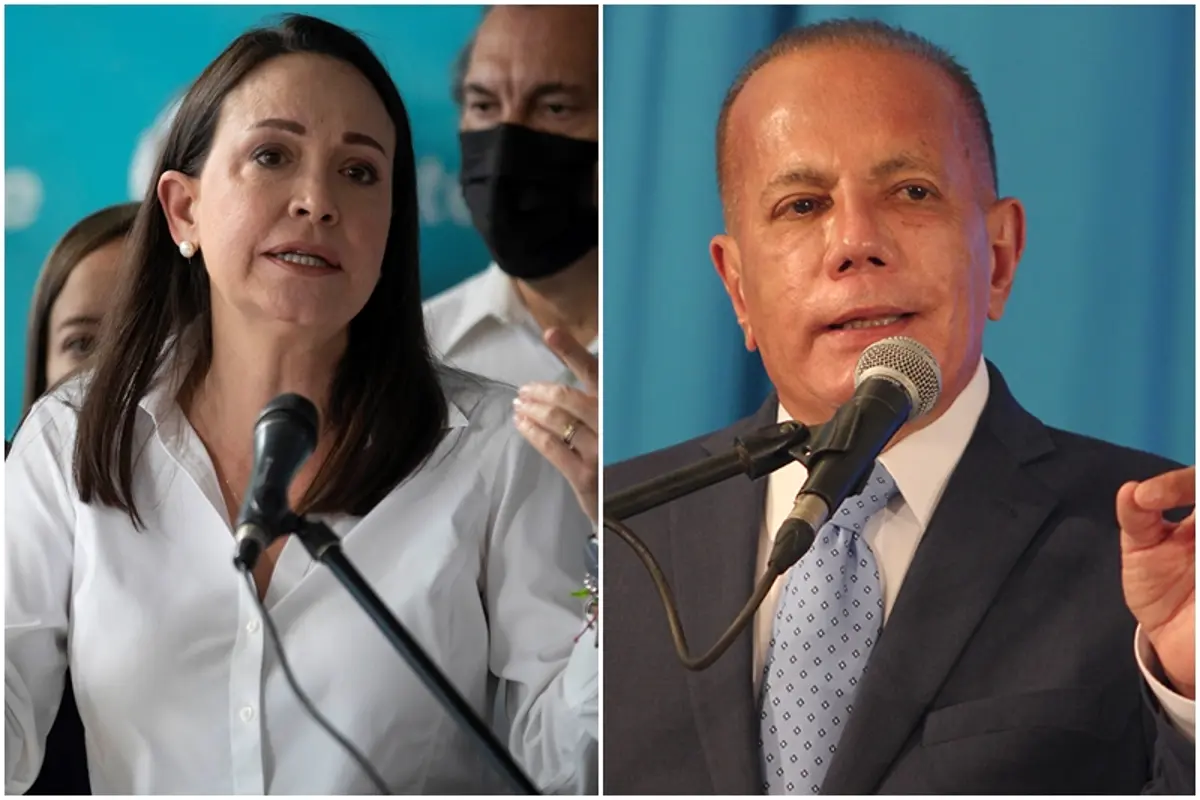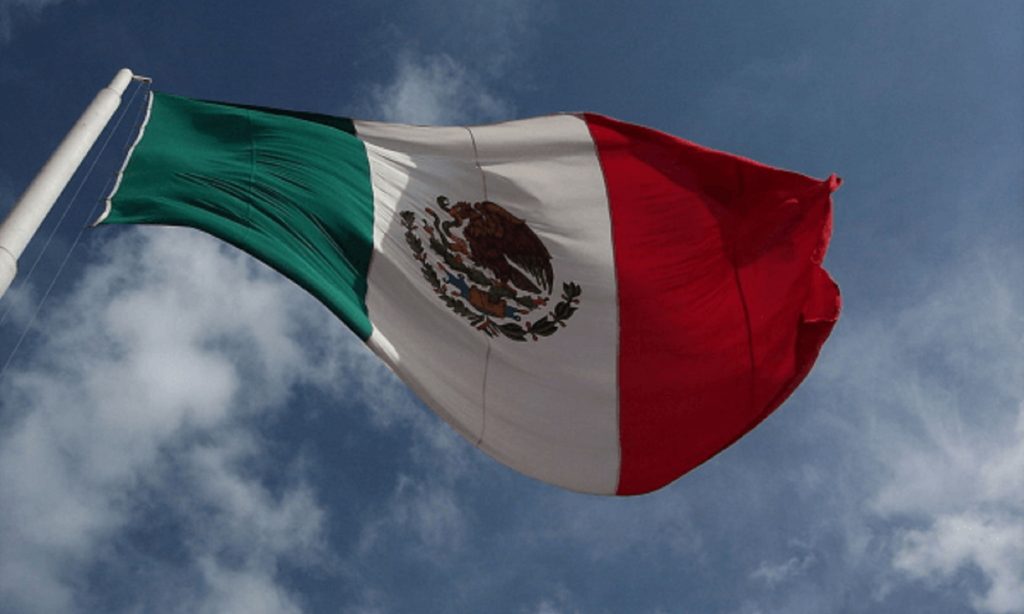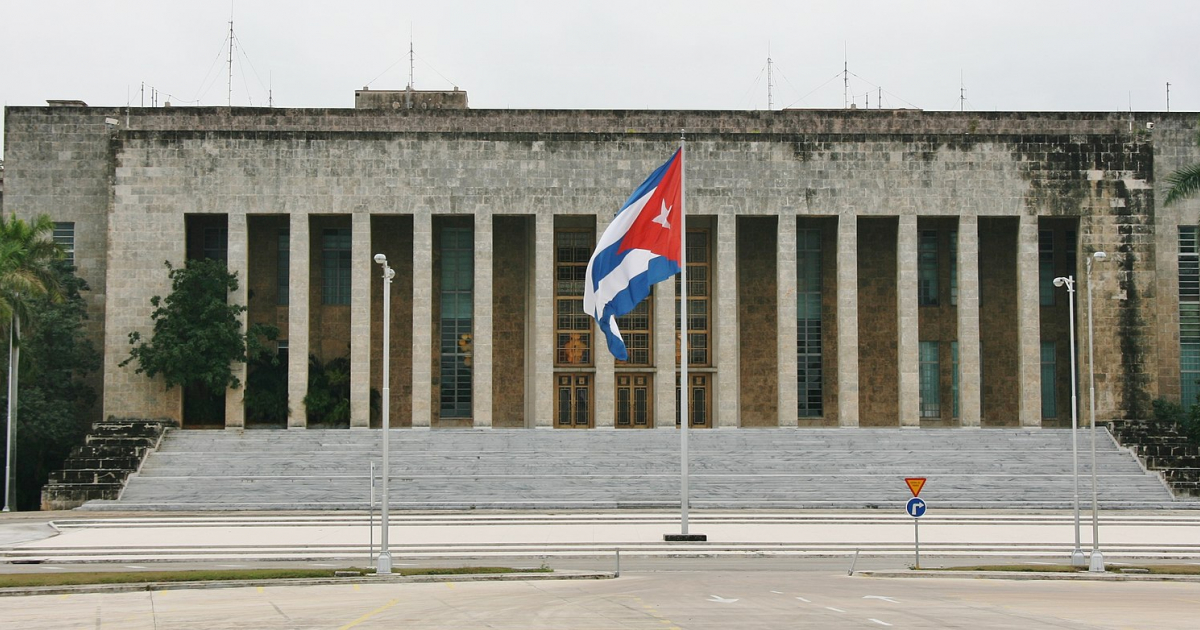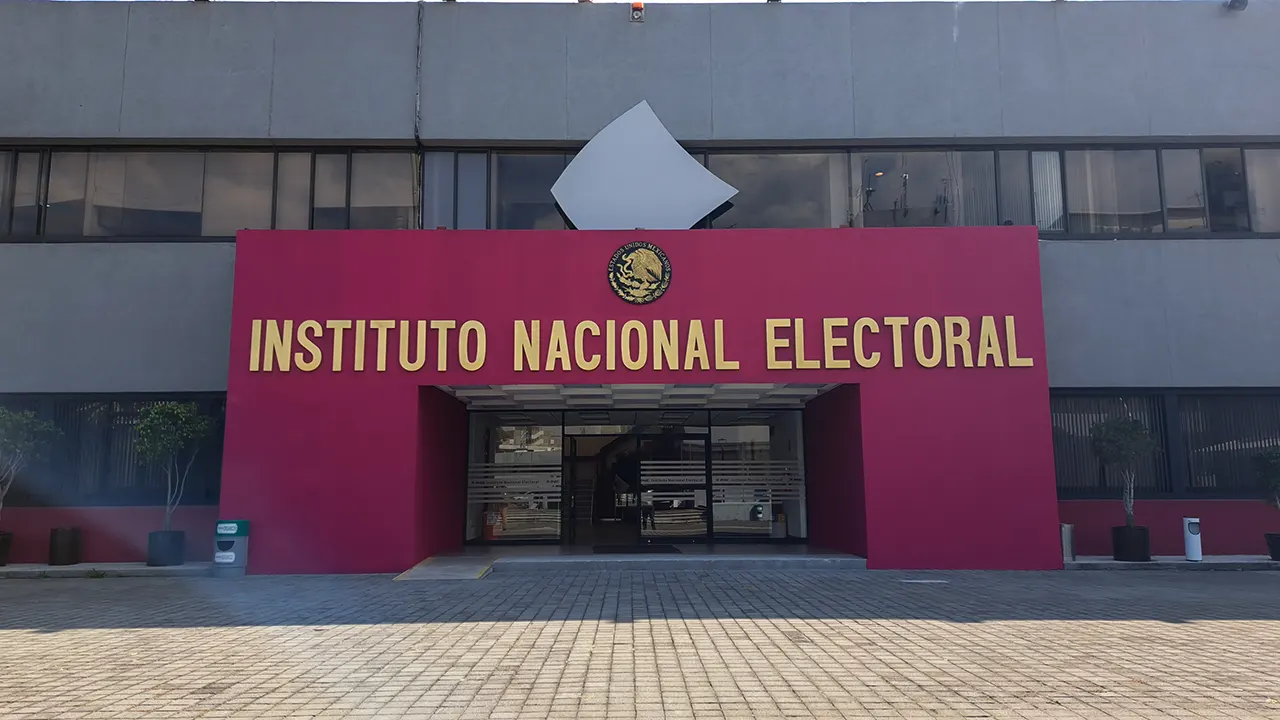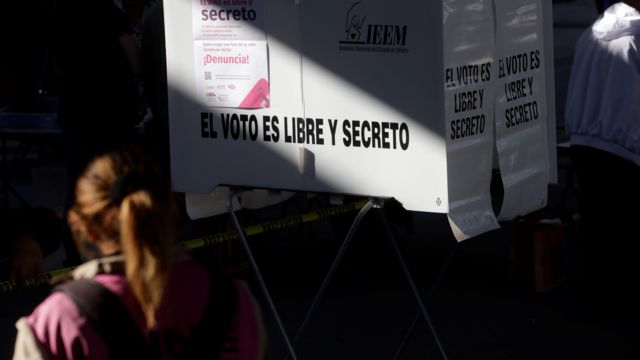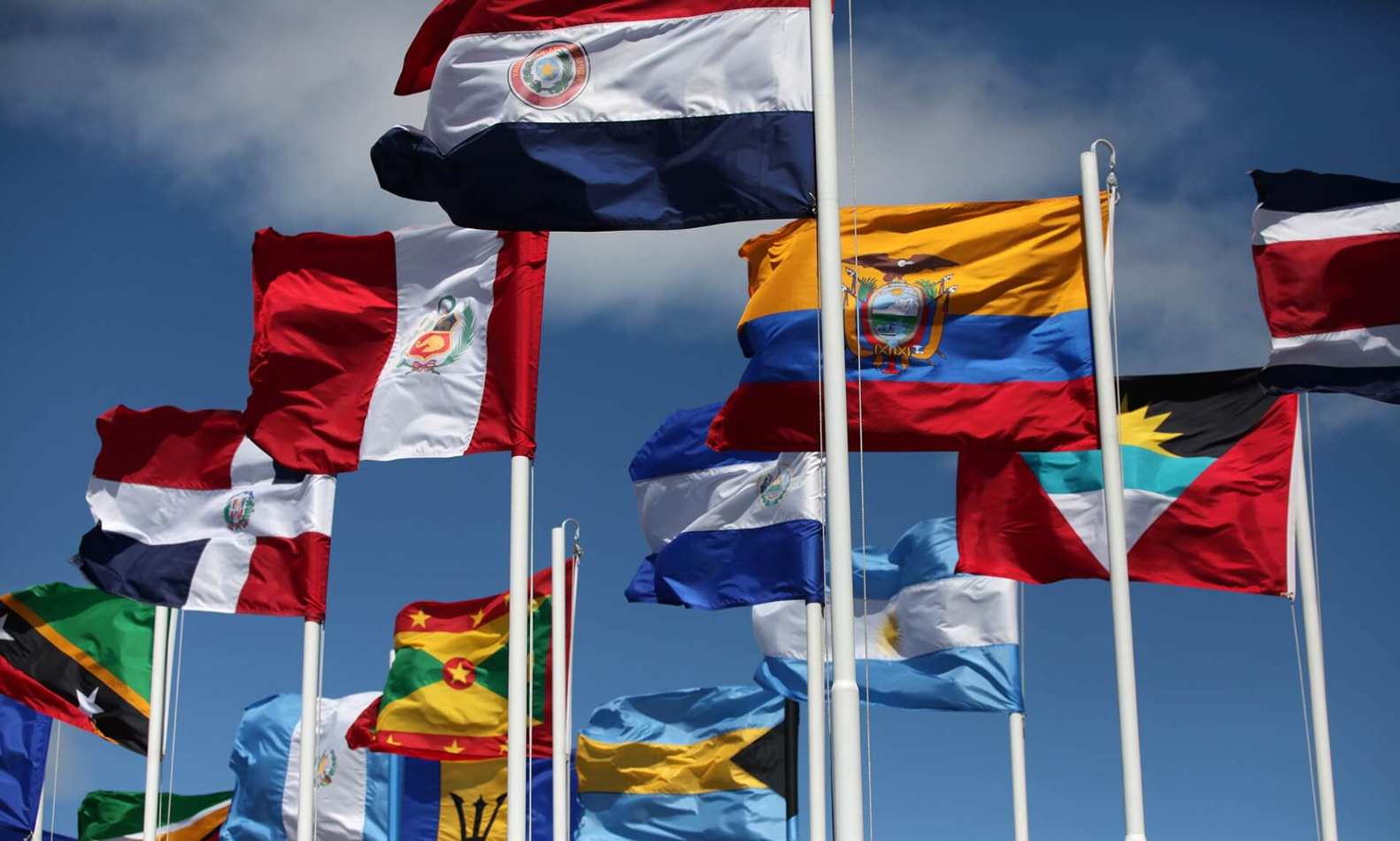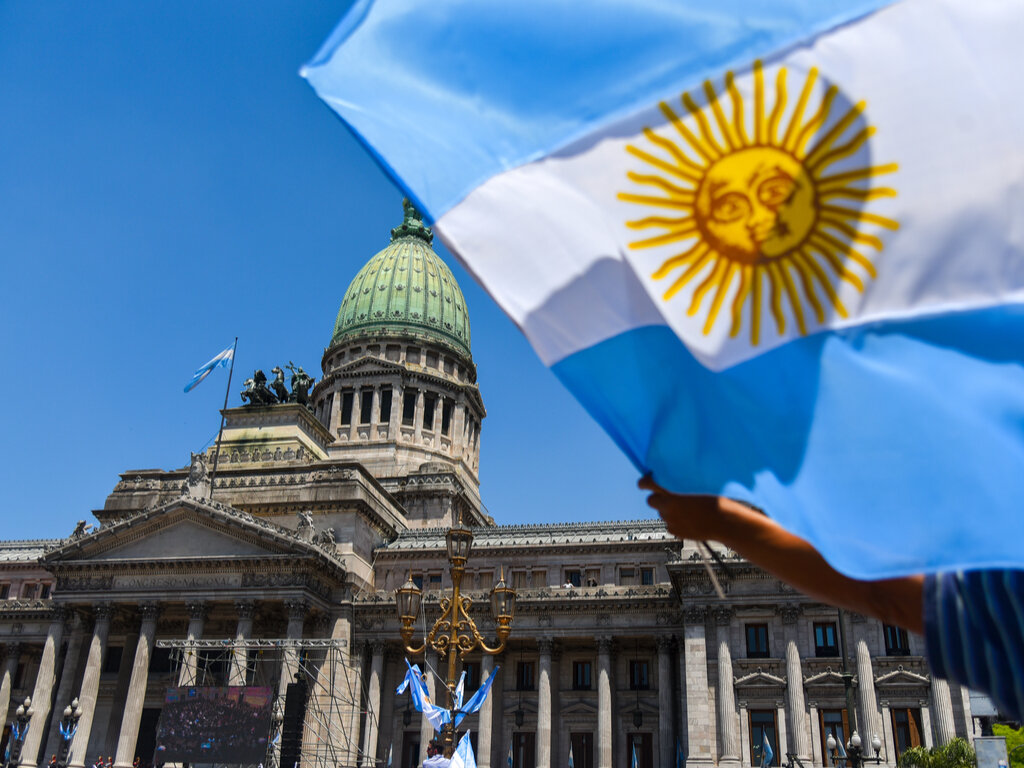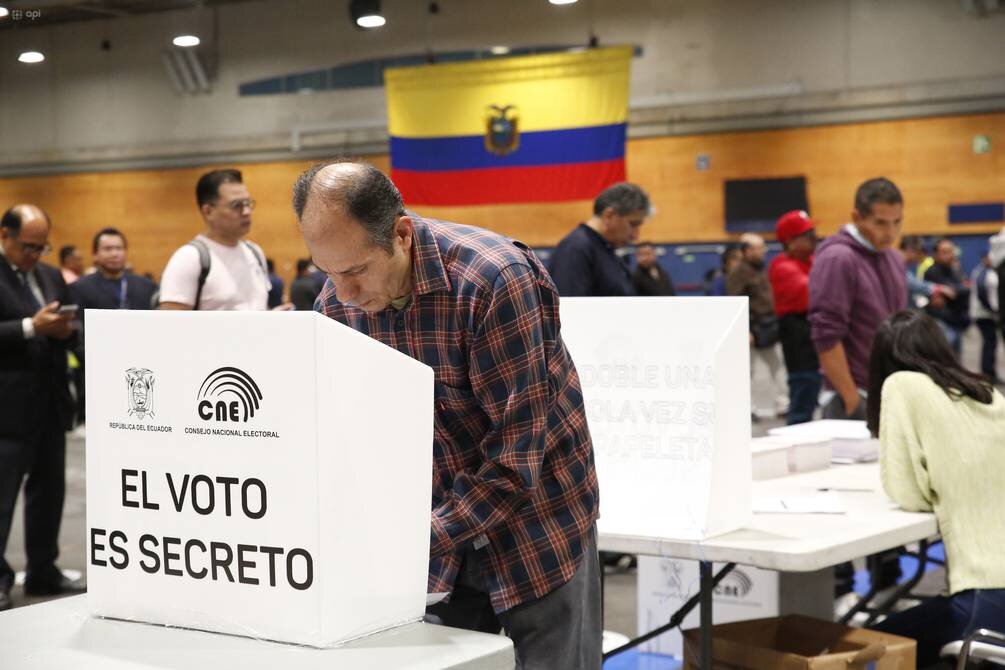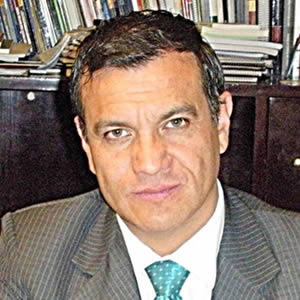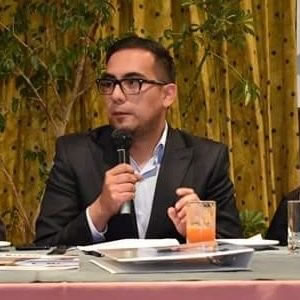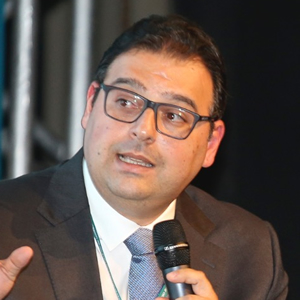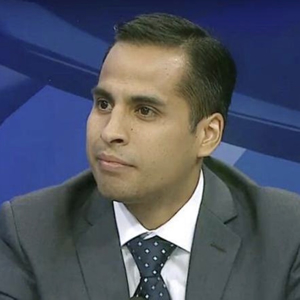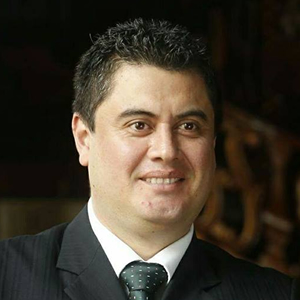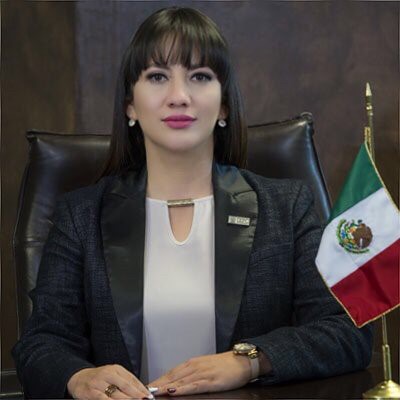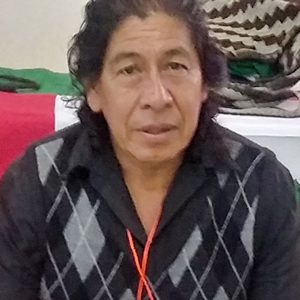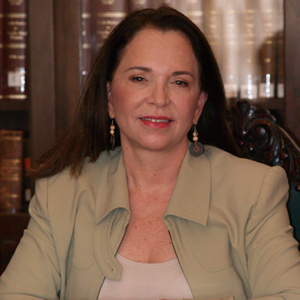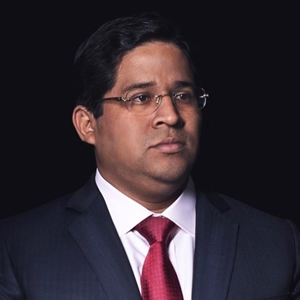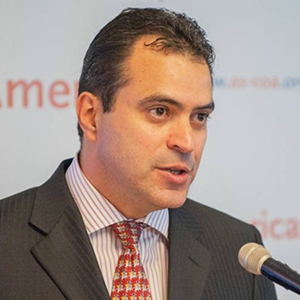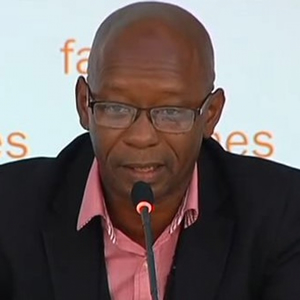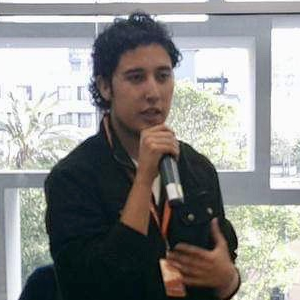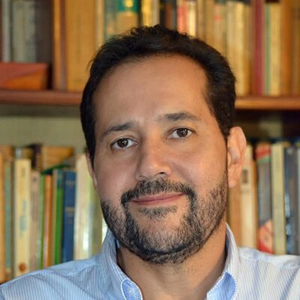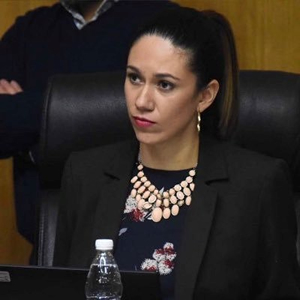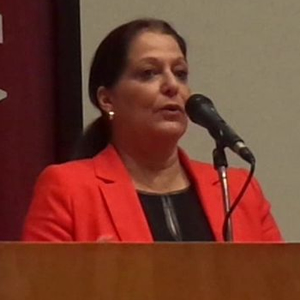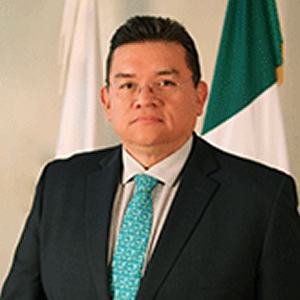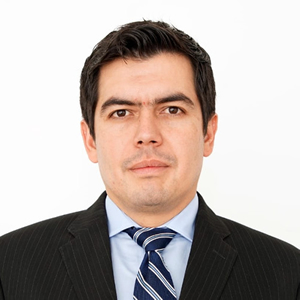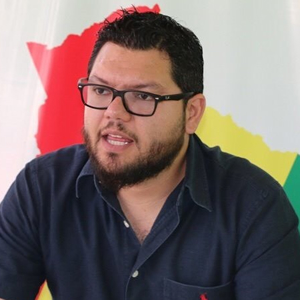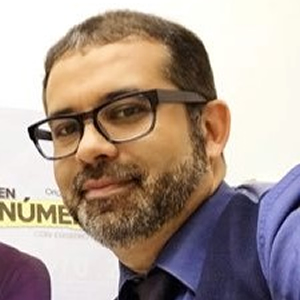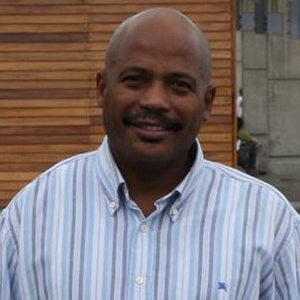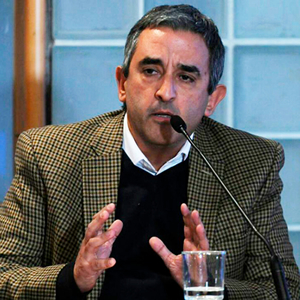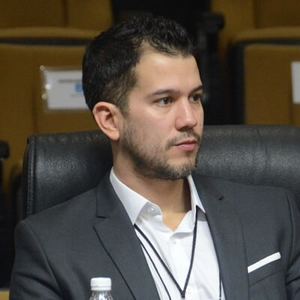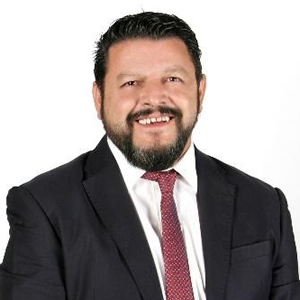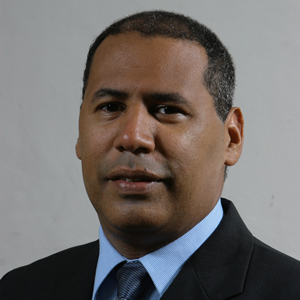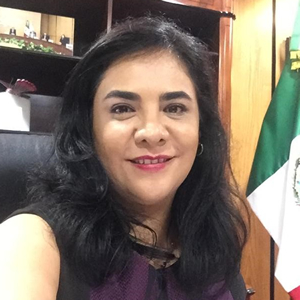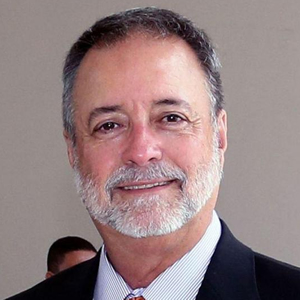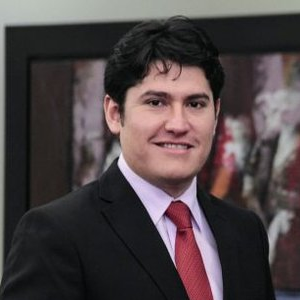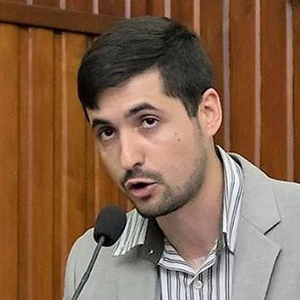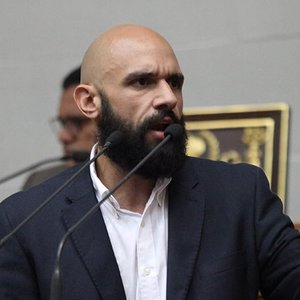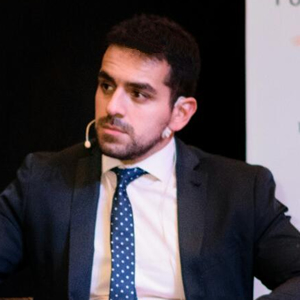According to the 2018 edition of the Economist Intelligence Unit’s “Democracy Unit”, the United States does not even make the list of the top 20 democratic countries in the world. Instead, the United States received the “flawed democracy” label, putting our country at the 25th spot in the world rankings. This is quite a sad comedown for the country known as the “cradle of democracy”.
The ranking was based on 60 indicators, among them: electoral process and pluralism, civil liberties, the functioning of government, political participation, and political culture. The rationale for the abysmal score given in this list to the US was due to the Trump Administration’s deregulation of energy, mining, and the auto industries without Congressional approval or even input, the calling into question the competence of the US judicial system when the courts blocked Trump’s immigration policies, and the Trump ties with Russia.
Numerous other groups which rate democracy in the world have come to the same conclusions, for many of the same and different reasons, about the state of the US democracy today. Freedom House, for example, has found that “The pillars of freedom have come under attack in the United States.” The challenges to the US democracy, the group found, include political polarization, declining economic mobility, the outsized influence of special interests, and the diminished influence of fact based reporting. Additionally, President Trump, they found, has little respect for the tenets, norms and principles of democratic government.
In 2012, Freedom House and V-Dem, organizations which index how free and democratic countries are in the world, gave the US the fifth highest democratic score. But in 2017, the US scored 31st. This radical downgrade occurred from 2016 to 2017, coinciding with the election of Donald Trump. The reasons given in those two lists for this sharp decline are numerous, and include the now confirmed election interference by foreign countries and actors; a significant reduction in government transparency; the weakening of legislative checks on the President, decreases in the fairness of elections such as hacking and voter suppression, and the erosion of ethical norms by the President, his cabinet, and high level appointees. There is striking consistency in the perceptions of these democracy groups about the factors that demonstrate the present decline in democracy in the United States.
At the same time, in Transparency International’s Corruption Index, the US now has a score of 71, right above the score earned by the United Arab Emirates. Similar to the scores by the democracy indexes, this score was based on a President who consistently undermines the free and independent media, particularly when the coverage counters the messaging by the President; the constant anti-immigrant and racist stances by the President; his Twitter promises of simplistic approaches to complex societal issues; his interference with the uses of national norms and institutions to weaken checks and balances; his attempts to increase executive power; and his conflicts of interests and actions done in his own self interest rather than the interest of the country.
While these conclusions by the Democracy groups are startling, their assessments are hardly surprising to most Americans, since there are untold numbers of daily actions and communications by this President exemplifying the erosion of democratic norms. Some specific recent examples are: After Congress did not vote to provide the funding that the President deemed sufficient to pay for the wall at the border with Mexico which he had promised during his campaign, he declared a “national emergency” when there was none, to circumvent the Congressional determination. The President and his Treasury Secretary have recently refused to cooperate with subpoenas issued by Congressional Democrats requesting copies of the President’s tax returns. President Trump is the only President ever to refuse to provide these documents to Congress. And the President has refused to permit his former White House Counsel and others to testify at a Congressional hearing concerning the recently released report by Special Counsel Robert Mueller.
These requests for information and testimony are well within the investigative powers of Congress. The US Supreme Court has ruled that “The power of Congress to conduct investigations is inherent in the legislative process. That power is broad.”
The Mueller reports, which have been the subject of much speculation by the American public and much concern by the President, has detailed not only the intervention by Russia in the US elections, described efforts by the President to prevent the investigation into his campaign’s involvement with Russia. The report has detailed the 125 interactions by the Trump campaign with Russian operatives in the year running up to the election. And the report describes that when the US was attacked by Russian military units during the election, the President and members of his campaign not only invited but welcomed these attacks, and were eager to benefit from them. The campaign specifically interacted with Russian nationals in order to get the hacked Democratic Party emails and to coordinate their dissemination.
Related to many of these same issues, the President fired the previous Federal Bureau of Investigation Director, James Comey, and repeatedly tried to shut down or interfere with the investigation by dangling pardons and other instances of undue influence over law enforcement. . Additionally, the President has voiced hostility to his own intelligence agencies when they have discussed concerns with foreign interference in the election.
What is distinctive about the election of Trump and the resulting decline in democracy is that it has resulted from a democratic election, rather than a coup or military takeover.
The ground was laid for the rise of the democratic undermining of democracy because of the emergence of a populist movement in the US over the past several years. In that time period, many citizens have expressed that it is much less important to live in a democracy. In a study conducted a couple of years ago, ⅔ of Americans over 65 said that it was “absolutely important” for them to live in a democracy, while fewer than ⅓ of Americans under the age of 35 thought that living in a democracy is essential. Even more concerning, one in six Americans think that army rule would be a good system of government. But an even larger percentage of millennials believe that if there is an issue with the federal government, there would be no problem with a military takeover.
Political trust has declined significantly in the last 10 years, with only 19% of Americans saying that they trust government to do what’s right most of the time. Even after the Constitutional crisis America had after the Watergate scandal, 34% of Americans trusted the government to do what’s right.
For many reasons, the United States is also experiencing extreme political polarization, and the incidence of hate crimes in this country has gone up (dramatically. (Www.transparency.news/feature/corruption)
And propaganda in the form of issue ads targeted to divisive views in the US such as about race, guns, and immigration have exacerbated these divisive views. In addition to Russian interference, it is known that other countries such as Iran have social media operations in the US that emulate the propaganda tactics that have been used by the Kremlin to sow discontent and to divide the people racially and into political factions.
As political trust declines, citizens prefer smaller government and have much less support for policies that benefit those who are disadvantaged.
But perhaps the greatest reason that authoritarians are able to subvert democratic institutions is when there are no checks and balances in the government which prevent the actions which are intended to destroy the democracy. It is this feature of the present American political system that has enabled the decline of democracy, and should serve as a warning to democracies around the world.
*Ann Ravel is the former Chair of the United States Federal Election Commission, appointed by President Obama, and an Adjunct Professor at UC Berkeley Law School. She is the Director of The Digital Deception Project at MapLight.

Demo Amlat es un proyecto impulsado por Transparencia Electoral cuya misión central es el compromiso con el fortalecimiento democrático en la Región.

